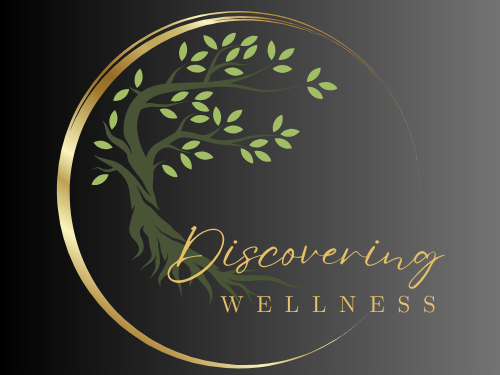
What Is Intermittent Fasting?
Intermittent fasting (IF) is taking the health and wellness world by storm lately. Chances are you’ve seen the amazing before and after photos or weight loss transformations people are sharing on social media after trying some form of IF.But what exactly is intermittent fasting, and does it live up to the hype? Let’s take a closer look at the trending diet approach.
Intermittent fasting (IF) is taking the health and wellness world by storm lately. Chances are you’ve seen the amazing before and after photos or weight loss transformations people are sharing on social media after trying some form of IF.But what exactly is intermittent fasting, and does it live up to the hype? Let’s take a closer look at the trending diet approach.
The most common IF methods include:
- The 16/8 method: Fast for 16 hours per day and restrict eating to an 8-hour window.
- The 5:2 diet: Eat normally 5 days a week, and limit calories to 500–600 for two non-consecutive days.
- Eat-stop-eat: Do a 24-hour fast once or twice per week.
- Alternate day fasting: Fast every other day. On non-fasting days, eat normally.
- People often choose to only drink water, black coffee, or tea during the fasting periods. The idea is that the fasting triggers beneficial changes that would not occur with simple calorie restriction.
The Benefits of Intermittent Fasting
Advocates of IF claim it offers many health benefits, though more research is still needed. Here are some of the top ways fasting may positively impact health:
- Weight loss – By restricting eating to certain time windows, you reduce overall calorie intake which can lead to weight loss, especially from lost body fat.
- Brain health – IF may boost production of brain-derived neurotrophic factor (BDNF), which benefits learning, mood and memory.
- Heart health – Fasting may improve blood pressure, triglycerides, and cholesterol levels.
- Blood sugar control – IF can regulate insulin levels, lowering blood sugar and reducing diabetes risk.
- Anti-aging – Some research shows fasting may slow aging by lowering oxidative damage and inflammation.
- Cellular repair – Periods with no food intake allow cells to engage in repair processes. This removes waste material.
- Longevity – Some evidence links fasting to longer lifespan, though more research is needed.
How to Get Started with Intermittent Fasting: Tips
- Start slowly – Begin with 12-14 hour daily fasts before progressing to longer periods without food.
- Find a method you like – Experiment to find the IF approach that suits your lifestyle. Many love the simplicity of the 16:8 plan.
- Drink lots of water – Stay well hydrated, especially during fasting periods. Add electrolytes if you feel dizzy or unwell.
- Listen to your body – Don’t force it if your body responds poorly at first. Pay attention and adjust as needed.
- Exercise strategically – Move your workouts to non-fasting times for more energy.
- Avoid overeating – Don’t binge when breaking a fast. Stick to healthy portions.
- Stay busy – Distract yourself from hunger pangs by focusing on work or hobbies.
I’ve Joined IF the Movement!
I’ve been experimenting with intermittent fasting for a few months now, and have settled into the 16:8 method. I fast for 16 hours each day and restrict my eating window to 8 hours. During that time, I eat two solid meals. No food restrictions! Although I’m more conscious of putting good things in my body.
So far, I’m really enjoying this intermittent fasting lifestyle. I find that limiting my eating window has helped me be more mindful about when and how much I eat. While the adjustment period wasn’t easy, my body has adapted well.
While intermittent fasting may not be right for everyone, it’s worked well for my needs. I’m eager to continue intermittent fasting and see where this health journey takes me. Let me know in the comments if you have any questions!



